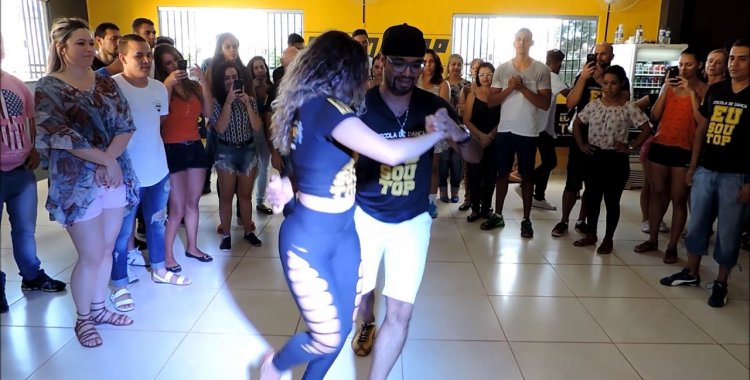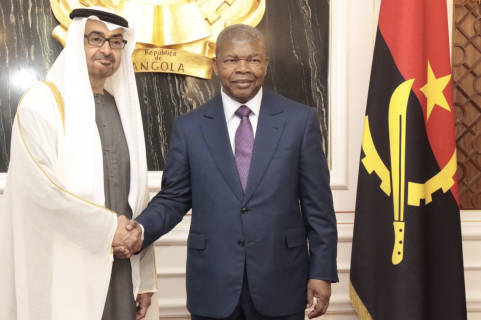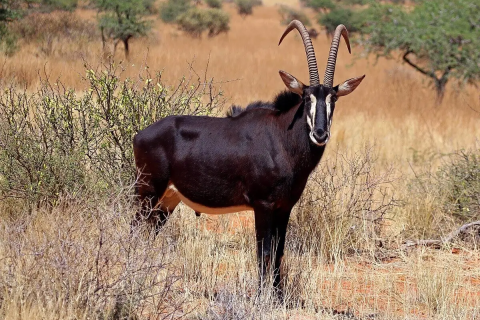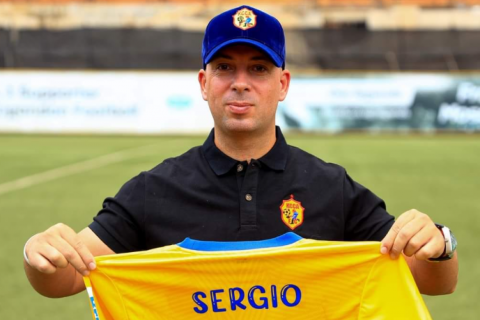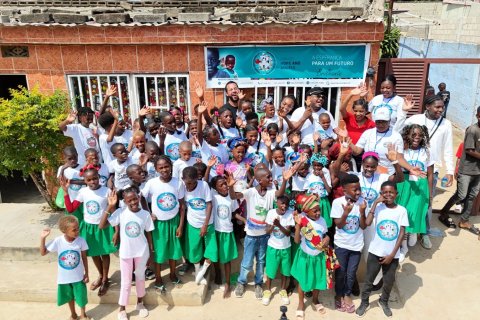The sound is recognizable from afar, but you have to enter the "Eu Sou Top" school to see the bodies united, in tune, and identify that it is Kizomba that Samuel Paula's seven students dance, in Taguatinga, about 30 kilometers from the center of Brazil's capital.
In that small group, reduced due to the covid-19 pandemic, there are students who have been dancing this Angolan rhythm for several years, another is taking her second class, there are Brazilians, but also a Colombian. Despite the differences, all are unanimous in recognizing that Kizomba "sounds familiar", in a celebration of African roots.
"It's my favorite dance, which lives in my heart, which speaks to my soul. I think the lyrics of the songs really have a very important content and it's very enjoyable to listen to and even more to dance," Carina Figueira, who started dancing Kizomba in 2014, told Lusa.
The fascination for this dance led her to travel to Luanda, where she took the opportunity to get to know Kizomba and Semba at the root. There, she guarantees, "the marriage was made and sealed."
"I fell in love, there is no explanation. (...) The Angolans are a super joyful people and Kizomba comes since the little children and, despite being such a sensual dance, it doesn't have that sexual connotation there. Kizomba is synonymous with joy and that is what Angolans transmit in that root that I could feel," stressed the student.
"Passion" was even the word most used by the students of professor Samuel Paula to refer to this African rhythm.
For Wesley Castro, dancing is a therapy and that's what led him to seek to learn more about Kizomba, in 2016. However, unlike most students, the Brazilian confessed that he did not "get attached" right from the start, due to technical difficulties, and even thought of giving up.
But, since not all loves come at first sight, Wesley gave this dance another chance and today he says he is "completely in love": "I dance other rhythms, but kizomba is my first love".
One of the reasons for this connection with Kizomba is the fact that the songs are sung in Portuguese.
"It's wonderful, mainly because (...) I can understand what I'm dancing, which is very important. There ends up being a greater familiarity. (...) So, Kizomba is passion, it is love, it is life. (...) Due to the historical issue in Brazil, we have a lot of African culture here in Brazil. (...) They are brotherly people and I think that is why Kizomba is growing in Brazil. It is a brotherhood", he evaluated.
Less experienced is Marina Pereira, who, despite being only in her second class, is already totally surrendered, affirming that Kizomba "is very different from other dances", but sounds "familiar" to her due to the "African blood" that runs in the veins of many Brazilians.
Paola Carvalho, meanwhile, who started dancing Kizomba in 2018, revealed that due to the pandemic, she took the opportunity to start watching Angolan videos to improve her technique and "get closer to the root," something she considers very important.
"I fell in love because dancing kizomba is a way for you to get closer to Angolan culture (...). Our teachers make a point of bringing us closer to the history of Angola and the dance. Kizomba means meeting, fraternization, party, joy. So, this is how I feel when I dance", he reinforced.
But not only Brazilians make up this group, which also includes Stefanny Barbosa, a Colombian who learned Kizomba in Panama, but has been improving her style with the experiences she acquired in other countries, such as the United States or Brazil.
"The Brazilians (...) make a mixture that is, let's say, 'more twisted', more sensual. Not as rigid as in other cultures. But this is interesting, because they are all beautiful. (...) Kizomba has become a fashion all over the world and has songs in all languages. We have Kizomba in Spanish too (...) There are wonderful Caribbean singers, for example, who are singing Kizomba," she told.
Besides the love for dance, the common point between these students is Samuel Paula, a young 30-year-old teacher who, in 2014, had his first contact with Kizomba, which took him to Angola years later to "know the culture and dance at the root".
Speaking to Lusa in Taguatinga, Samuel Paula admitted that the experience of knowing the birthplace of Kizomba made his dancing have "a boom" and evolve "completely."
"When you know more deeply, you can understand what the songs mean, (...) especially when they go into older content, where they talk about what Angola has already gone through. There, I can understand a little bit of the 'suffering' that they went through, we start to have a discernment of things and to create the respect that we need to have when we talk about Kizomba," he said.
About the junction of rhythms of the two countries, historically linked, the teacher revealed that, although Brazilians have "a little bit of resistance" to new dances, "people start loving" Kizomba and, later, "they start loving the culture, the country, the African continent, and things grow and spread.
Although the pandemic caused him to lose about 60 percent of his students, Samuel Paula is more optimistic about his professional future, guaranteeing that, nowadays, the "crazy will of the students to dance already starts to speak louder" and the classes are already returning to normal.

